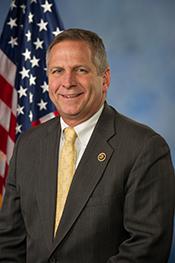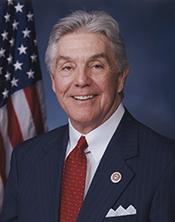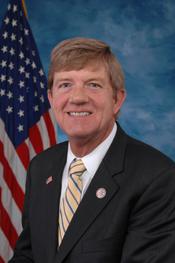0
American Trade Enforcement Effectiveness Act
1/11/2023, 1:31 PM
Congressional Summary of HR 2523
American Trade Enforcement Effectiveness Act
This bill amends the Tariff Act of 1930 with respect to the administration and enforcement of antidumping (AD) and countervailing duty (CVD) orders.
Neither the administering authority (the Secretary of Commerce, or another U.S. officer given the responsibility by law) nor the U.S. International Trade Commission (USITC), as the case may be, is required to determine, or make any adjustments to, a countervailable subsidy rate or weighted average dumping margin based on any assumptions about information the interested party would have provided if it had complied with a request for information.
The USITC shall not determine that there is no material injury or threat of material injury to a domestic industry from imports merely because that industry is profitable or its performance has recently improved.
This bill includes gross profits, operating profits, net profits, and ability to service debt among the relevant economic factors the USITC must evaluate in examining the impact of imports of merchandise on a domestic industry in material injury determinations.
The administering authority may use another calculation methodology than the ordinary one in determining the constructed value of subject merchandise being imported at less than fair value if a particular market situation exists where the cost of materials and fabrication or other processing of any kind does not accurately reflect the cost production in the ordinary course of trade.
This bill revises requirements regarding administering authority determinations as to whether there are reasonable grounds to believe or suspect that a foreign like product is being sold at less than cost of production in AD investigations or reviews. The administering authority in making its determinations, however, shall request information necessary to calculate the constructed value and cost of production of subject merchandise in such investigations or reviews.
The administering authority, in valuing the factors of production to determine the normal value of merchandise exported from a nonmarket economy country, may disregard price or cost values without further investigation if it determines that broadly available export subsidies existed or instances of subsidization occurred with respect to those price or cost values or if they were subject to an AD order.
Certain factors are specified for the administering authority to consider when deciding whether it would be unduly burdensome in CVD or AD investigations and reviews to examine voluntary responses from exporters or producers which are not the subjects of the investigation or review.




